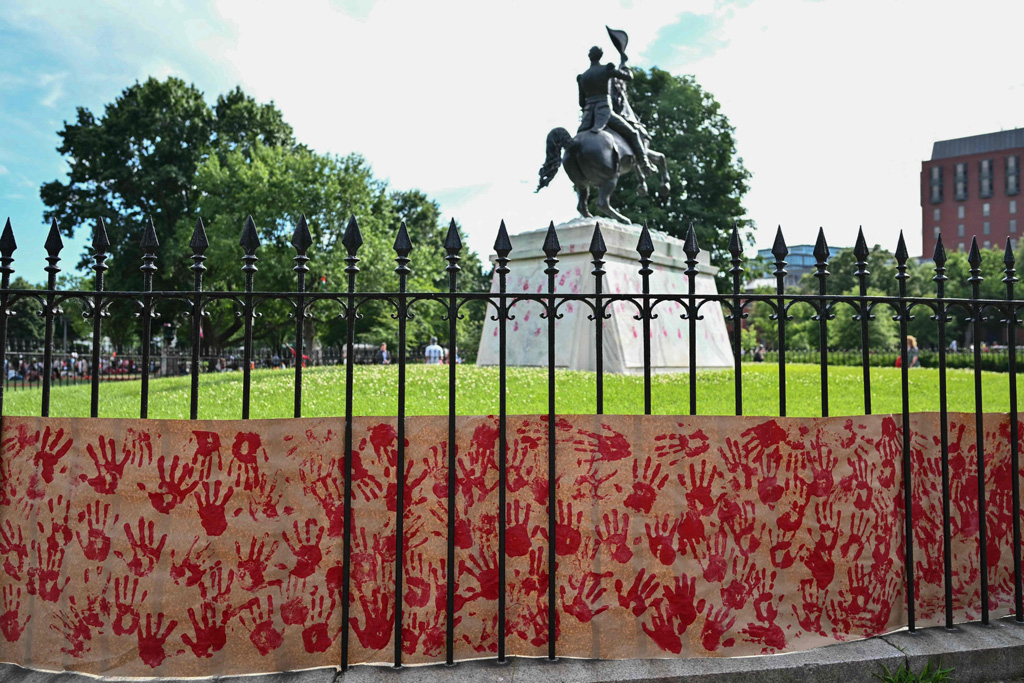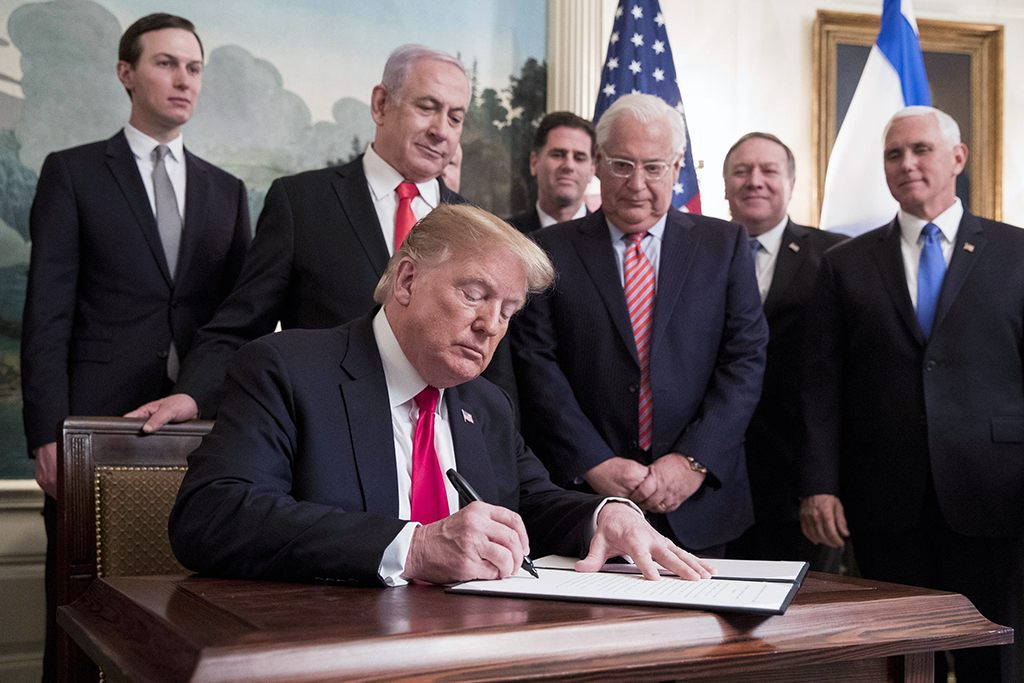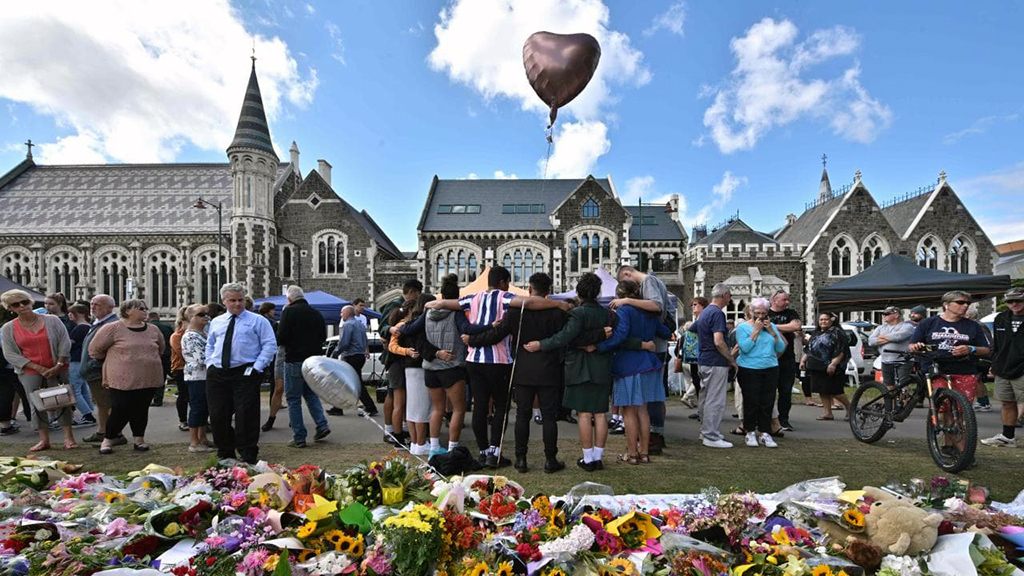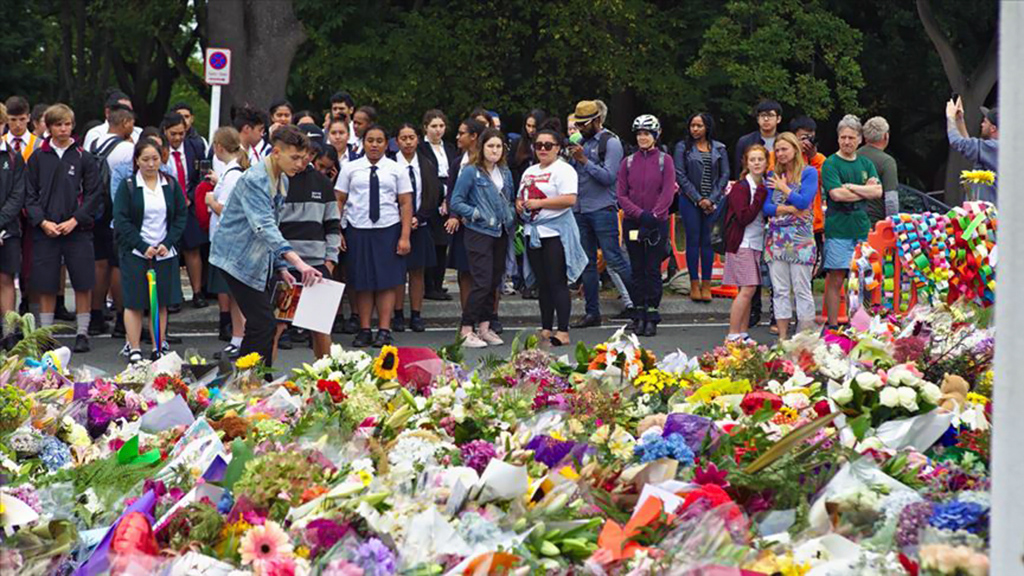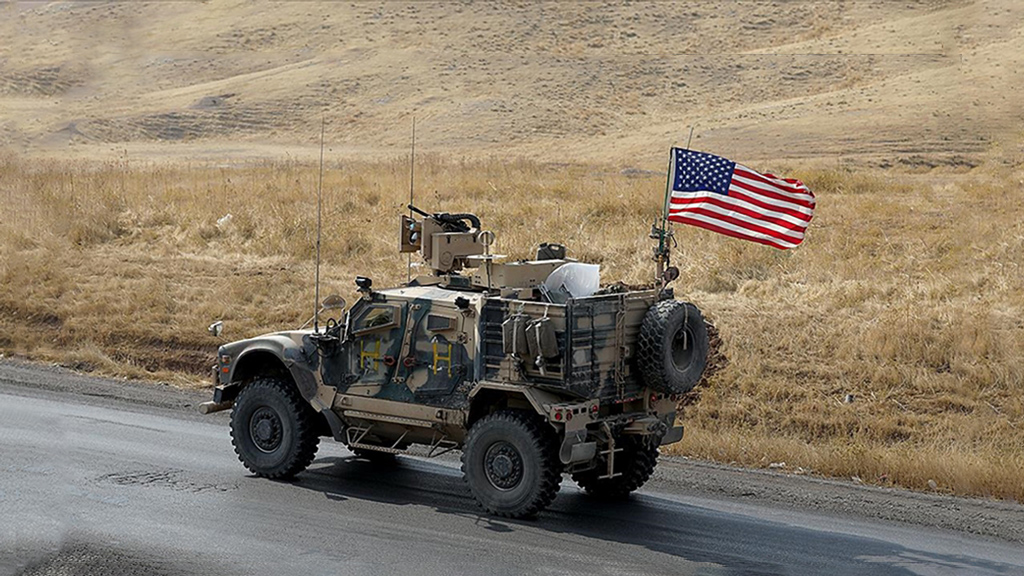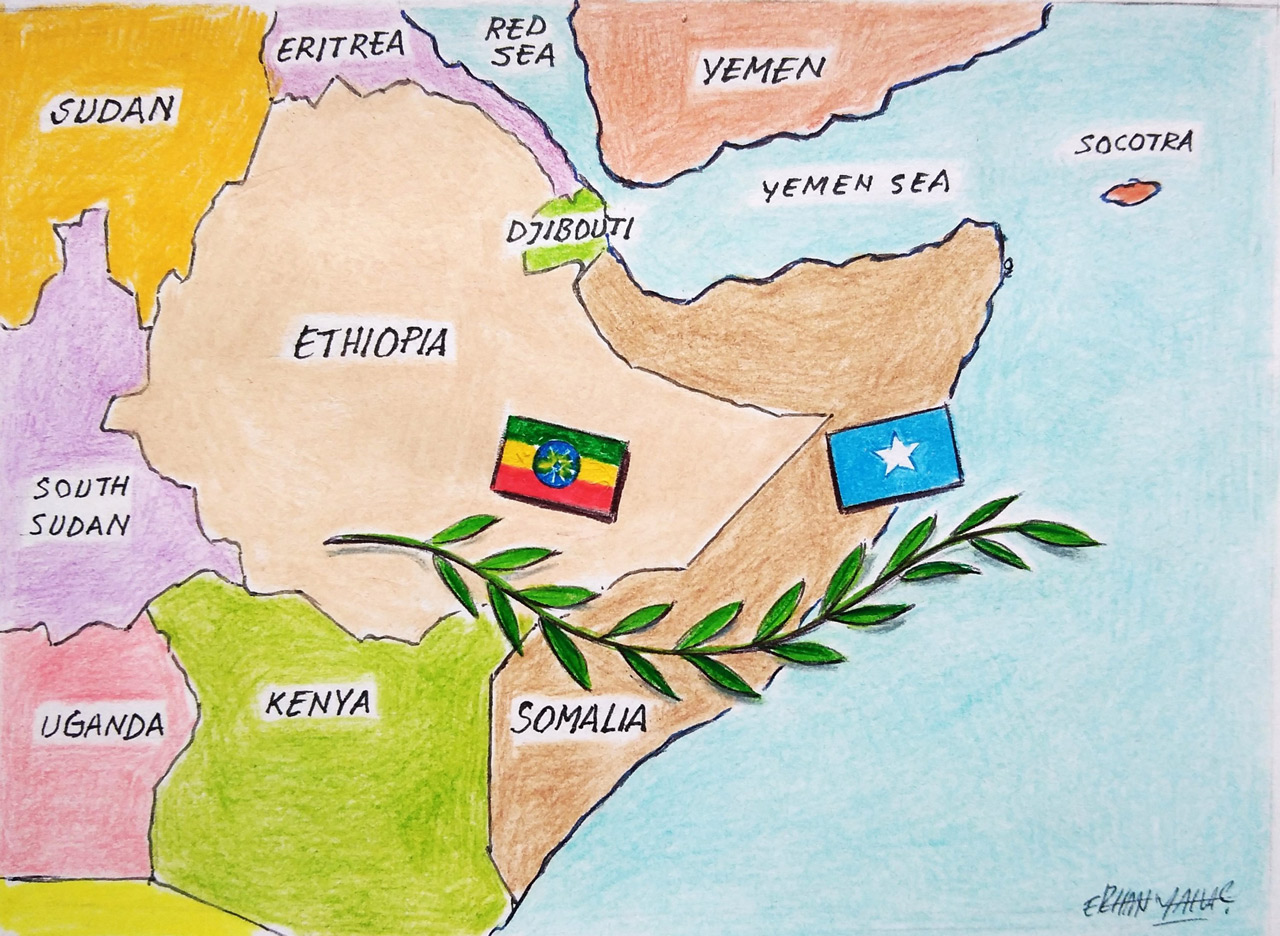The Western world has been in a deep political and social crisis for the last several decades. After losing its comparative advantage in the economy, the West began to lose its control over global issues. Although the West declared an ultimate victory with the collapse of the Soviet Union in the early 1990s, it soon started to follow a conflictual relationship toward the non-Western parts of the world, especially after the Sept. 11 attacks. Then, the global economic crisis at the end of the first decade of the 21st century hit the West badly. Many Western countries lost their economic leverage vis-a-vis non-Western countries. Many countries began to increase their strategic autonomy and began to follow more independent foreign policies.
All these led the global Western powers to follow a more unilateral and interventionist policy toward the rest of the world. The post-Oct. 7 developments have led the West to violate almost all principles, norms, rules and procedures of international order.
The West has crossed all red lines, once put by the international organizations once established by the Western global powers. In a sense, the Western governments have sacrificed their values and principles for the sake of the Israeli atrocities. Israel continuously commits humanitarian and war crimes in Palestine; the Western governments and peoples pay the price. When looked closely, one can see that the Israel's aggressive policies cost the West a lot.
Decline of rationality in West
First of all, the West has lost its rationality. Western countries have been controlled by radical and shallow personalities. Western peoples have begun to choose between the bad, the ugly and the worse. The good represents the minority in the West. Nowadays, far-rightist political actors dominate the mainstream political avenues, not only in continental Europe but also in Anglo-Saxon countries. The last elections of the European Parliament have clearly shown the current orientation of Western politics. Similarly, the current election campaign between two old men in the United States indicates the deadlock for the strongest state in the world.
Second, the Western world has lost its moral superiority. Once it used to ask the non-Western countries to abide by the international principles and order. Unfortunately, nowadays it does not represent universal humanitarian values anymore, since the Western governments not only have been violating many basic norms and principles of international law but also have been narrowing down areas of freedom in their domestic politics. For example, the Western governments have been suppressing any protests against Israel. The West has been experiencing an authoritarian turn by restricting freedom of expression, freedom of the press/media and academic freedom.
Third, the West has lost its credibility. The non-Western peoples do not trust the West anymore. Especially, the Palestinian-Israeli question manifested the longtime Western hypocrisy in world politics. For instance, the Western governments that have been opposing the killing of civilians in Ukraine insistently remain silent against the ongoing genocide in Palestine. The non-Western world used to think that the West had left its colonialism in the past.
Now, they see that colonialism is still alive and continues to influence Western politics. Therefore, the non-Western world has been trying to take measures against the unilateral and interventionist policies of the Western governments. As an indication of this tendency, one can see the number of states that want to become part of non-Western international institutions. For example, more than 20 countries have already applied and declared their intention to become members of BRICS – which includes Brazil, Russia, India, China, South Africa, Iran, Saudi Arabia, Ethiopia and the United Arab Emirates (UAE).
Western societal divide
Last but not least, Western societies are deeply divided into two polarizing camps. While one camp has been providing unconditional support for Israel to continue its atrocities against innocent Palestinians, the other camp has been criticizing their respective governments for their support of the ongoing genocide in Gaza. The Western world has never witnessed such a political polarization in recent decades. It has become impossible for Western governments to persuade their societies that they respect human rights, both in external and internal contexts. The official narrative of the West has totally collapsed. A large portion of Western people try to learn the most recent developments from non-Western platforms. This by itself is a failure of Western hierarchical thinking.
Considering the rising percentage of migrants in most Western countries, they all will face grave political and social challenges in the near future. They will strive to overcome these new challenges whether to initiate a new multicultural social and political order or return to authoritarian regimes that otherize anyone who is considered as the “other.”
We will wait and see how long Western governments and other political actors can resist the ongoing irrational policies that take Western governments and people hostage. How much of a price needs to be paid for the continuation of powers politics? Even Western officials such as Alexander Vucic of Serbia expect the eruption of a systemic way in the next several months. Most observers and students of international relations expect dark days for the world in the near future. Considering the intensive interdependence among states and nations, a new systemic war will bring destructive results for all nations. The world deserves a peaceful future and therefore rational politicians.

